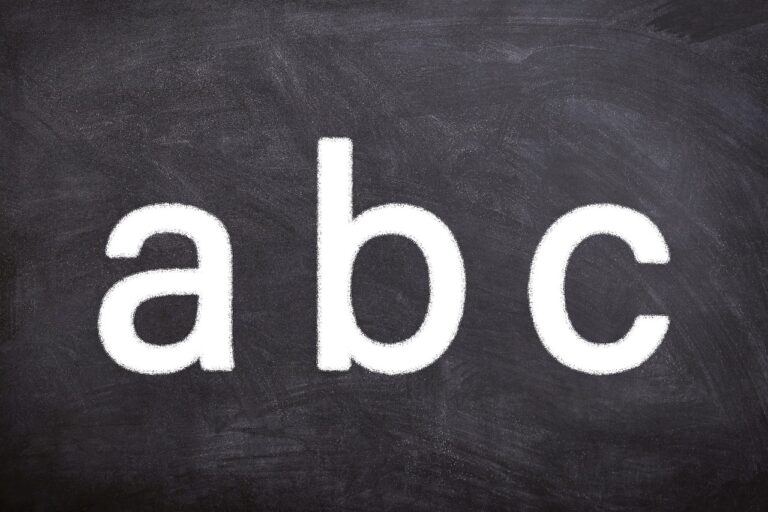Addressing the Impact of Education Policies on Student Achievement
The allocation of funding in education policies is a critical component that significantly influences the quality of education provided to students. Funding plays a vital role in determining the resources available to schools, affecting everything from the number of teachers in a classroom to the availability of educational materials and technology. Schools with adequate funding often have more opportunities to offer their students a well-rounded education that includes extracurricular activities, specialized programs, and additional support services.
Conversely, schools that lack sufficient funding may struggle to meet the diverse needs of their students, leading to disparities in educational outcomes. Inadequate funding can result in larger class sizes, limited access to resources, and fewer opportunities for students to explore their interests and talents. As a result, the allocation of funding in education policies is a crucial factor in ensuring that all students have access to a high-quality education that prepares them for success in the future.
The Impact of Standardized Testing on Student Achievement
Standardized testing has been a subject of debate in educational circles for decades. Advocates argue that these assessments provide a standardized measure of student achievement, allowing for comparisons across different schools and districts. However, critics point out that standardized tests can lead to a narrow focus on test preparation, which might detract from a more comprehensive educational experience.
Proponents of standardized testing often assert that these assessments hold schools accountable for student outcomes and help identify areas in need of improvement. Yet, opponents argue that the emphasis on test scores can create a high-pressure environment that may not fully capture a student’s abilities or potential for success.
How do standardized tests impact student achievement?
Standardized tests can provide valuable data on student performance and help identify areas where students may need additional support. However, they can also lead to teaching to the test and detract from a more holistic approach to education.
Can standardized testing be used as the sole measure of student achievement?
No, standardized testing should be just one of many measures used to assess student achievement. It is important to consider factors such as student engagement, critical thinking skills, and creativity when evaluating student success.
How does funding allocation play a role in education policies?
Funding allocation can impact the resources available to schools, which in turn can affect student achievement. Schools with more funding may have access to better facilities, technology, and support services, giving their students an advantage.
Are there any alternatives to standardized testing for measuring student achievement?
Yes, there are alternative assessment methods such as project-based assessments, portfolios, and performance tasks that can provide a more comprehensive picture of student achievement. These methods can better capture a student’s skills, knowledge, and abilities.





